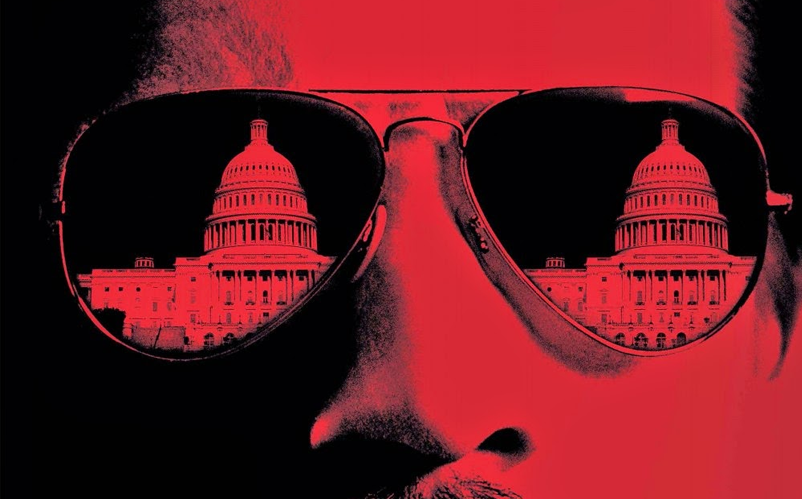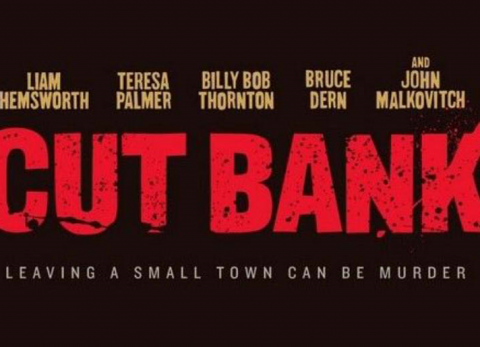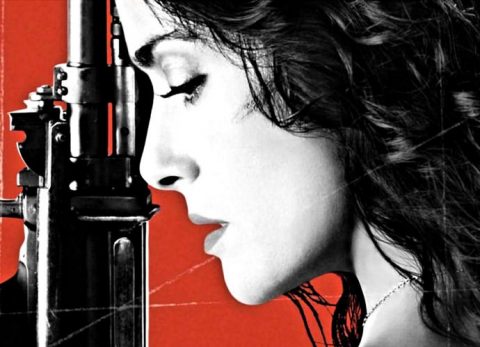It has been a while since we have had a solid political thriller that touches on journalism. While these days we are well ingrained with blockbusters that make up a large part of what we go to the cinema for, it is nice to see a change of pace. Kill the Messenger is a refreshing change of pace. Based on true events, the film is a great overview of the alleged history of the CIA involved in US cocaine distribution for rebels in Nicaragua. This whole situation is so complicated that it is evident that steps have been taken to ensure that audiences will be able to grasp the material in the film. In this process, I believe that Kill the Messenger is perhaps a little more toned down than it should be. However, the acting is solid and the story progresses well.
Gary Webb (Jeremy Renner) aims to write the bigger, more controversial stories for the small San Jose Mercury News. After exposing the government’s illegal seizure of property of suspected drug kingpins, Webb is contacted by Coral Baca (Paz Vega), the lover of known drug smuggler Blandon (Yul Vazquez). Blandon is currently in court to testify against another cocaine dealer. Coral tells Gary that Blandon may be involved with the CIA, smuggling drugs into the States for them. During the testimony, Webb, working with attorney Alan Fenster (Tim Blake Nelson), is able to get the confession of these activities on record. With the help of his editor Anna Simons (Mary Elizabeth Winstead) and the head editor Jerry Ceppos (Oliver Platt), Webb begins to unravel the plot, which involves the CIA’s indirect sponsorship of Nicaraguan rebels.
Gary Webb is a well-placed character throughout this ordeal. His original book lays the foundation for this film and sets up why this is a deserving story to tell. Layering this film is the analysis of Webb’s investigation and criticism that came with it. It makes for interesting viewing, especially when the CIA get heavily involved. Throughout, director Michael Cuesta is able to intelligently instill some justified doubt on top of Webb’s account of things (despite us witnessing the journey along the way). While the film was able to stay in the realm of reality, it was perhaps too grounded, not allowing for an engaging level of suspense. What displeased me more was the waste of talent. I was treated to some of the best supporting actors in modern film, however, each realistically received around ten minutes of screentime a piece.
For example, Barry Pepper and Ray Liotta are both proven actors, yet Liotta is present for literally three minute, and Pepper is not utilized to the best of the his ability. Andy Garcia is also somewhat misused. However, he is given some extra time to really engage with the character. Jeremy Renner is a different actor. I can’t put my finger on it, but in general, Renner’s acting seems unique or dissimilar to others in his category. He does a wonderful job in Messenger, really highlighting the quality of writing that film displays. Mary Elizabeth Winstead was pleasant enough to watch, and Oliver Platt stood to the task.
In regards to the waste of talent, it could simply be that the story did not have the facilities to aptly display these actors. That is fair enough. Kill the Messenger does travel through several well-crafted storylines in order to correctly tell this narrative. Regardless, it is a shame to only see the likes of Pepper, Liotta and Garcia for moments at a time. Most refreshing was the film’s avoidance of violence. It is alluded to, but the most we ever see is Webb chasing off a night-stalker with a bullet. Kill the Messenger was less thrilling than it was interesting, and a great starting point if you’re looking to delve more into the CIA/Nicaragua conspiracy.
Make sure to like Untitled Movie Review on Facebook!





